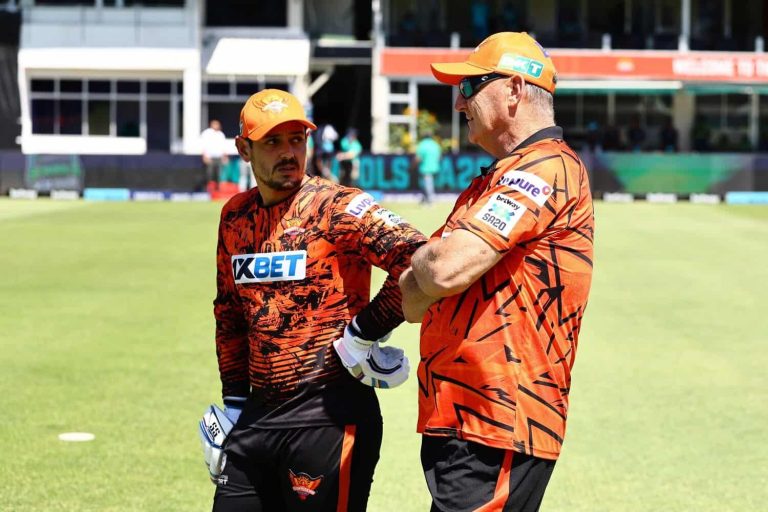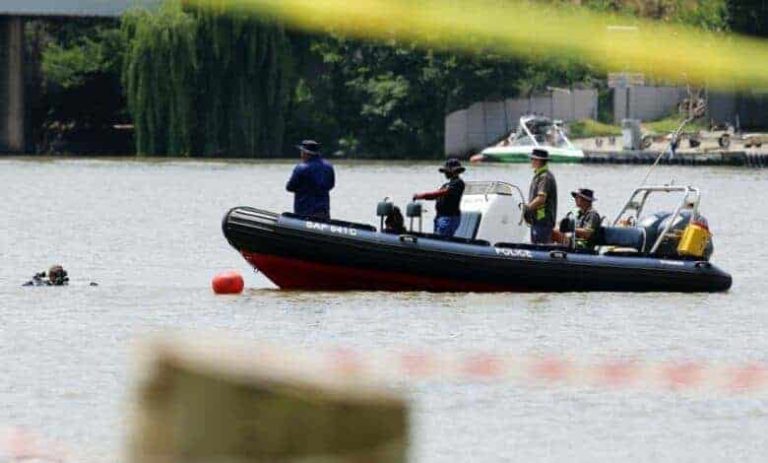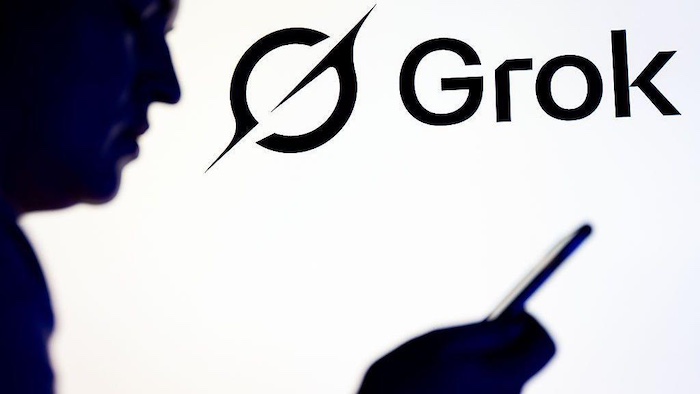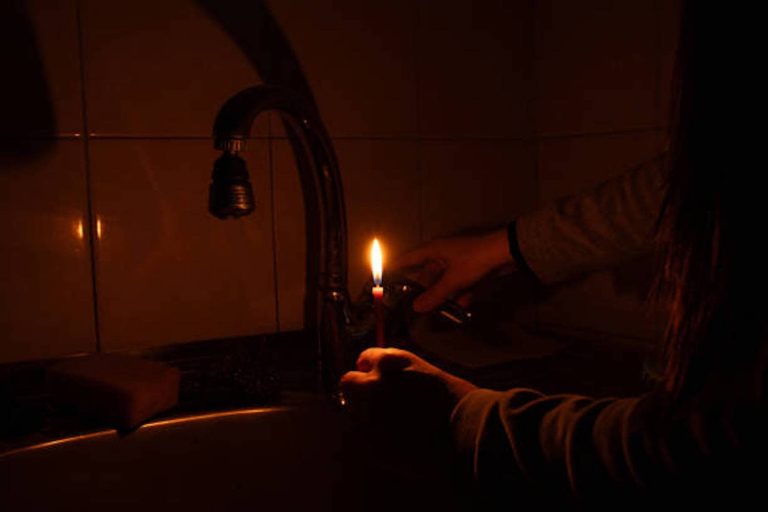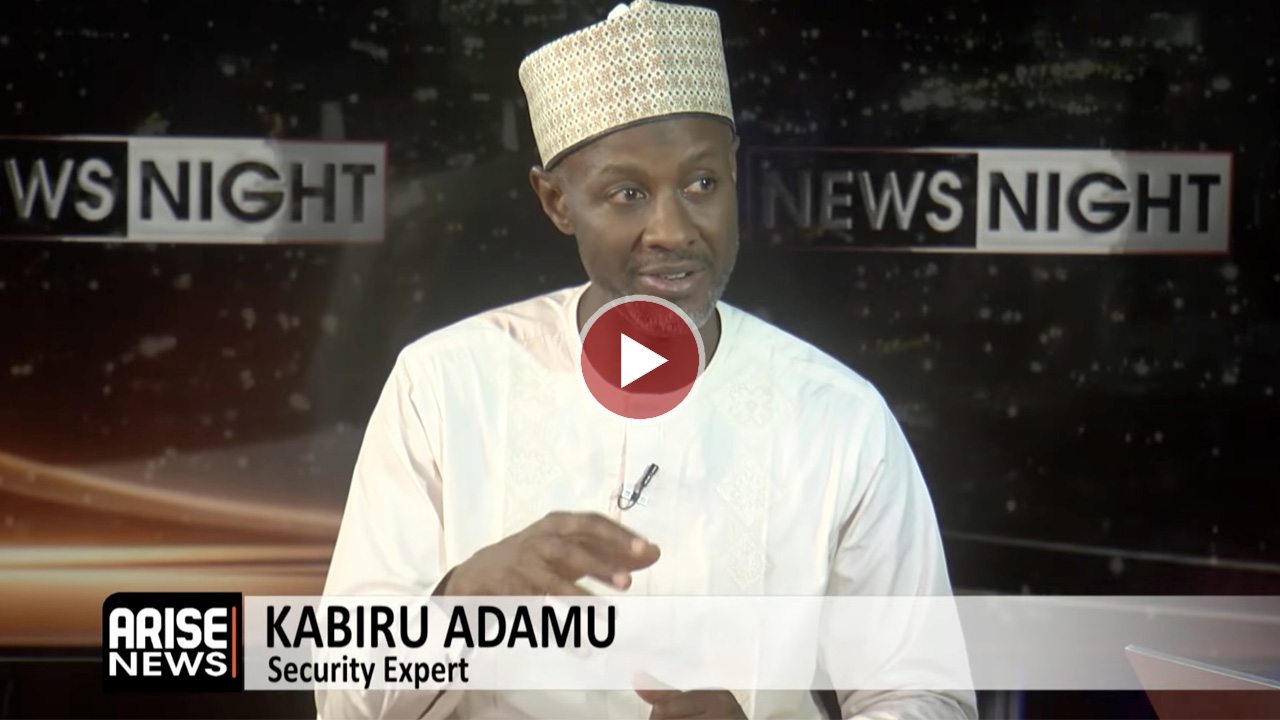

Security expert Kabiru Adamu has called for urgent, practical reforms of Nigeria’s policing system, warning that the country cannot continue with what he described as “cyclical attempts at police reform” that yield little change.
Speaking in an interview with ARISE News on Wednesday, Adamu said Nigeria’s internal security challenges will persist unless the government defines and implements genuine reform that unifies the country’s fragmented policing institutions.
“The mandate of the military is clearly stated in Section 217 of the Constitution. Their role is primarily external defence, not internal security. The military only supports civil authorities,” he explained. “So they must be truthful to themselves and Nigerians. The real burden of internal security lies with the police, and that system needs urgent restructuring.”
Adamu emphasised that effective national security depends on what he called the “three Cs” — cooperation, coordination, and collaboration — among all relevant agencies.
“Those three Cs must be enhanced,” he said. “The immediate past service chiefs built on that, and the current ones must continue from where they stopped.”
On the call for police reform, Adamu criticised the slow progress and the divided nature of the Nigerian police system.
“Unfortunately, what we’ve seen since the 1970s are cyclical attempts at police reform,” he noted. “If we are serious, we must first define what we mean by reform. Right now, the police are balkanised — with several agencies like the EFCC, NDLEA, and others carrying out policing functions separately. Some are under the Ministry of Police Affairs, others under the Ministry of Interior, and there is no coordination between the two. That must change.”
He argued that Nigeria already has an existing community policing structure that should be strengthened rather than abandoned in favour of yet-to-be-implemented state policing.
“The current administration inherited community policing — the policy and structure are in place,” he said. “All 774 local governments have community policing committees made up of representatives from different segments of society. That system can work perfectly if activated.
It doesn’t make sense that we haven’t actualised community policing and are already discussing state policing. We are not moving fast enough on the former.”
On the question of funding, Adamu dismissed the notion that inadequate financing is the main problem facing the Nigerian Police Force.
“I don’t agree that funding is the issue,” he stated. “There are too many leakages within the system. A senator once alleged that the police collect an extra ₦10 billion monthly, and no one has challenged that. The money is out there — it’s just not properly captured or accounted for.”
Adamu also discussed President Tinubu’s push for local production of military equipment, saying the administration has already made progress toward its goal of producing 40 percent of such equipment locally by 2027.
“The policy direction of the government is clear,” he said. “Agreements have been signed with several countries, including the UAE, for drone production. We’re even exporting ammunition to other African nations. So, yes, the drive for local production is real.”
However, he cautioned that Nigeria’s broader security architecture requires stronger synergy among its many ministries and agencies.
“There are about 27 to 29 ministries, departments, and agencies involved in security,” he explained. “Even if the military is doing a stellar job, if the agency responsible for border control fails, we’ll still have problems. That’s why cooperation, coordination, and collaboration are critical.”
Adamu concluded by urging the National Assembly to play a stronger oversight role in ensuring these agencies function effectively.
“The National Assembly must strengthen its legislative oversight. They have the responsibility to ensure that all these MDAs perform optimally,” he said.
Boluwatife Enome
